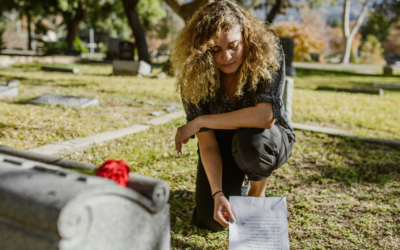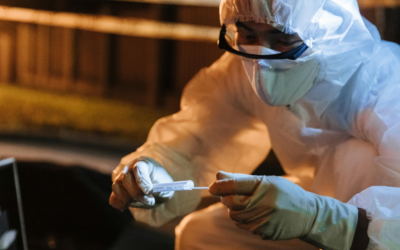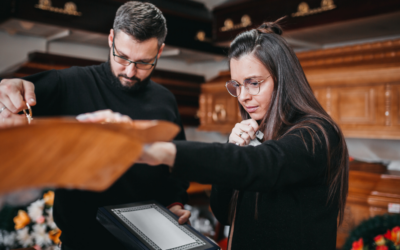As COVID-19 continues throughout the world, news stories and information keep churning on various aspects of the illness. A lot of the coverage has focused on healthcare and the economy itself. For funeral directors, the issues involved in this pandemic are immense. There is literally no area of the death services industry that can maintain without severe adjustments to the way things are done.
Funeral directors across the country and around the world have had to find new ways to meet grieving families’ needs while honoring the deceased. It has meant that many directors need to do some creative thinking in order to accommodate traditions. Social distancing and concerns about spreading the illness have made changing the way that the death industry functions a necessity.
Funeral services are a necessary part of society. That’s never been more clear than it is during the course of a pandemic when so many families are losing loved ones.
Adjusting the way funeral directors provide support
Funeral directors today can take some inspiration from other industries. The current technology is helpful because it allows for workarounds to in-person meetings.
Pandemics in history, such as the 1918 Spanish Flu, hit the funeral directors of their time very hard. While this pandemic also makes catering to clients exceptionally difficult, there are some new advances we can use to make the process easier than it was for our predecessors.
- Meeting with clients. There are a few options when meeting with the deceased’s family. Some funeral directors are conducting meetings through online video apps, such as Zoom. This allows families to stay in place while handling the planning aspect of their loved one’s final burial. You might also limit the number of people who come into your establishment in order to follow current social distancing guidelines.
- Develop a new script. Most funeral directors develop a sort of script that they use to help families navigate this difficult process as a sort of guideline to help. Recognize that the current situation is completely unique and needs to be addressed to help ease the family’s concerns.
- Work with your client’s traditions. Some common aspects of traditional services will be difficult or impossible to honor with the current restrictions. However, you need to recognize the importance of these aspects of their burial process and find ways to fulfill their needs as much as possible. This might mean a modified service or it may mean taking care of cremation or burial immediately but scheduling a memorial for a later date when public gathering restrictions are lifted.
- Holding memorial services. There are a few options for families, even under the current social distancing enforcements. Some families may opt for a small, private service so that they can honor their loved ones and have closure on the event immediately. Other families may wish for an event that can be live-streamed so that friends and family can still participate, though they can’t be there in person.
- Pay attention to state guidelines. In some states, the guidelines for the funeral industry have been continually changing as we move forward, so this is something to contend with. Your state may have a restriction on funeral services. In some hard-hit states, there may simply be too many deaths for every family to have immediate service performed. These new developments will change regularly as the situation progresses, so it’s something to stay current on throughout the pandemic.
- Protective gear and health codes. For professionals who help to prepare the body, there is a need for upgraded care in using protective gear, especially in cases where the deceased will need to be extubated prior to preparation.
The sacred job of honoring the dead and comforting the grieving
For funeral directors, their calling of comforting the families and honoring the person who has passed has always been a top priority. While the current health crisis does impose restrictions on the way that you can provide services, it does not change the true nature of this process.
There will be limitations on aspects of the service that you provide. For many funeral directors, part of comforting the family often involves putting a hand on their shoulder or hugging them. It’s never been an aspect of the profession managed through video conferencing before now. While some of these changes are difficult and even disheartening, they can be managed in a way that helps families make the best decisions for their loved ones during an extraordinary time.




